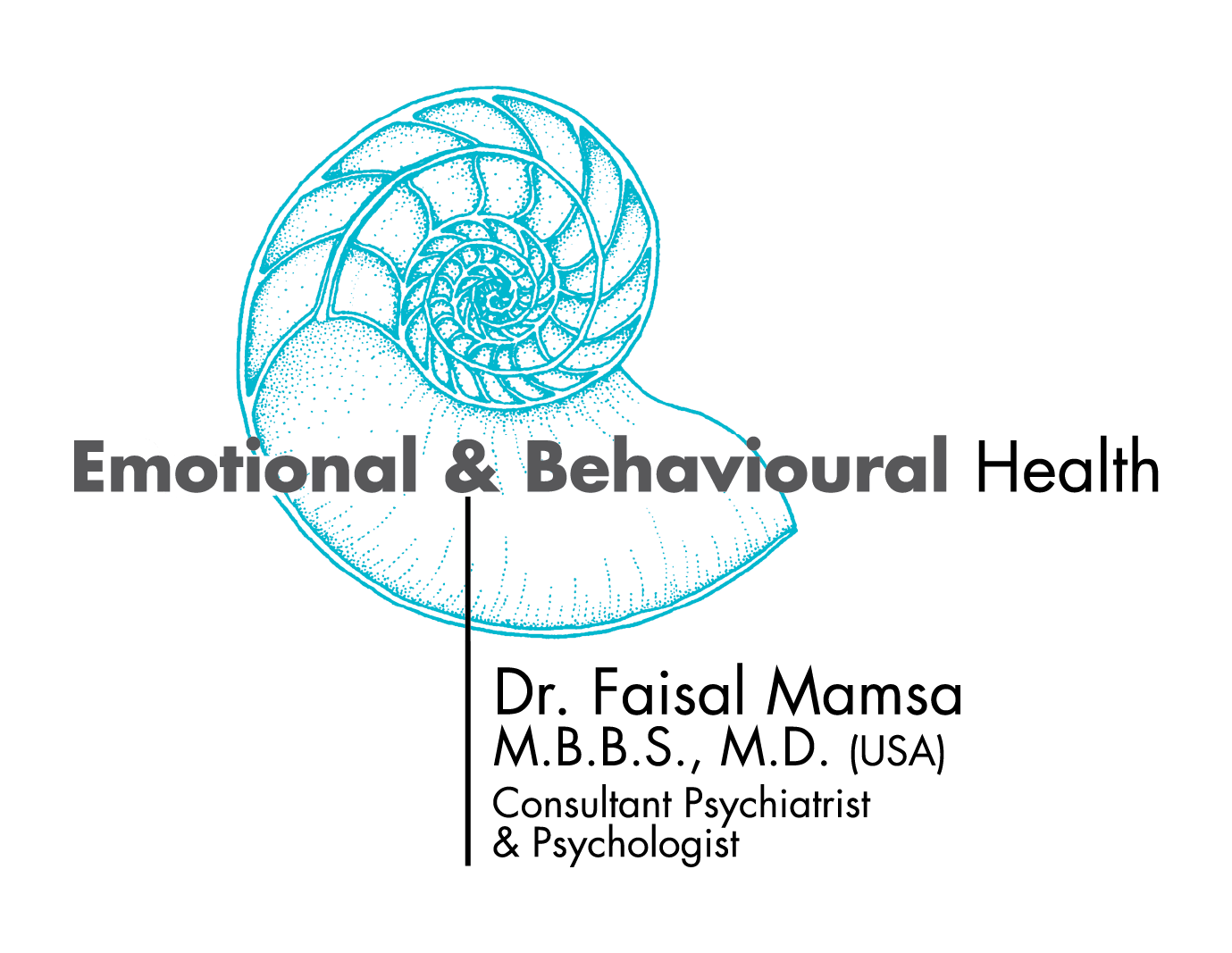
What is a Mood Disorder?
Mood Disorder is a disorder where the patients’ emotional state is affected. In it, the patient may be victim to long periods of extreme sadness, extreme happiness or both.
A person’s mood may be altered due to several factors. However, for it to be diagnosed as a disorder, different illnesses have different criteria. It depends on the intensity of illness and each illness had to have different time line. Mood Disorders can impact a person’s life, making it harder to deal with day to day tasks, interpersonal relationships and occupational relationships.
Two of the most common Mood Disorders are Bipolar Disorders and Depression and it’s related disorders:
- Bipolar Disorders : This will be explained in detail later
- Major Depression: This will be discussed below
- Persistent Depressive Disorder( dysthymia)
- Premenstural Dysphoric Disorder
- Substance or medication induced Depressive Disorder
- Depressive disorder due to another medical condition
- Other specified Depressive Disorder
- Unspecified Depressive Disorder
Major Depressive Disorder
Depression is a disorder in which the patient suffers from persistent feelings of sadness, hopelessness and gloominess that can affect the patients daily life, both mentally and physically.
Depression is not like regular sadness, it can’t simply go away. However, it can be treated over a long period through the use of medicine and psychotherapy depending which type of depression is it.
Major Depressive Disorder or Clinical Depression.
This is most common of all the depressive disorders. For a person to have MDD , one has to meet the criteria made by American Psychiatric Association , which only a psychiatrist would know. It may be that a person only ever goes through depression once in their life( single episode).
However, multiple episodes may also happen especially if it’s genetic .During these episodes, the any 5 of the following symptoms should be present for minimum of two weeks or more:
- Depressed mood most of the day or the whole day nearly every day with or without crying spells.
- Marked diminished interest or pleasure in all or almost all the activities
- Unintentional weight loss or weight gain
- Insomnia or hypersomnia
- Feeling of worthless or excessive or inappropriate guilt.
- Psychomotor agitation or retardation
- Fatigue or loss of energy almost every day
- Diminished ability to think or concentrate or indecisiveness
- Reduced appetite and or weight loss
- Suicidal thoughts or a constant fixation on death.
- Recurrent thoughts of death, recurrent suicidal ideation or suicidal attempt.
What causes Depression?
Depression can be caused due to multiple reasons. While some may be caused due to biological factors, others may be circumstantial.
Some of the common causes for depression are:
- Biological – Genetic
- Psychological – a person’s level of sensitivity ( some are more sensitive then other and hence succumb to pressure)or other psychiatric illnesses
- Social factors surrounding the person that may put undue pressure on an individual leading to depressed mood and later on clinical depression
Be it any cause, basically the brain cells don’t have the fine balance that nature has created for them. The most common chemicals produced by the brain is Serotonin , Norepinephrine and Dopamine. An imbalance in these chemicals causes depression
How can Depression be treated?
Depending on the type of depression and the intensity of depression medications are used. Medications work like a foundation of a building. The stronger the foundation the stronger will be the building built upon it through psychotherapy. Hence psychotherapy works like building the floors layer after layer.
Dr Faisal Mamsa’s treatment methodology involves a combination of expertise in psychopharmacology ( medication) with psychotherapy. He emphasizes a strong belief in the additive effect of various treatment modalities to work in conjunction rather than simply prescribing medication.

